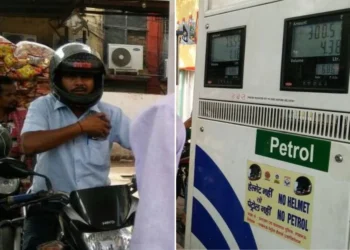The COVID-19 pandemic has taken a severe toll on the global economy, leading to massive layoffs across various industries. In India, this has been particularly acute, with large corporations announcing job cuts in an effort to weather the economic downturn.
The aviation, hospitality, and retail sectors have been hit the hardest, with companies such as Air India, OYO, and Future Group announcing significant layoffs in recent months. Even technology giants such as Wipro and Cognizant have not been immune to the economic fallout, with both companies announcing job cuts in an effort to cut costs.

The human toll of these layoffs cannot be understated. For many, losing a job means losing a source of income and a sense of security. It can lead to anxiety, depression, and a sense of hopelessness. The impact is felt not just by those who have lost their jobs, but also by their families and communities.
The emotional impact of layoffs is compounded by the fact that many of those affected are highly skilled professionals who have invested years of their lives in building their careers. They have worked hard to hone their skills and build their networks, only to find themselves suddenly without a job.
Moreover, the current economic climate makes finding a new job a daunting task. With so many people competing for a limited number of job openings, the job search can be long and frustrating, further adding to the emotional toll of the layoffs.
While companies may argue that layoffs are necessary to stay afloat in these challenging times, the reality is that they often have a significant impact on the morale of the remaining employees. Fear and uncertainty about the future can lead to a decrease in productivity and engagement, which can in turn impact the company’s bottom line.
It is therefore crucial that companies take a compassionate and empathetic approach to layoffs. This includes providing support to those who are laid off, such as job search assistance and counselling services. It also means communicating openly and honestly with remaining employees about the reasons for the layoffs and the company’s plans for the future.
Beyond this, there is a broader societal responsibility to address the root causes of the economic downturn and to ensure that those who have lost their jobs have access to support and resources to help them weather this difficult period. This includes investing in education and training programs to help workers develop new skills and transition to new careers, as well as providing financial assistance to those who have lost their jobs.
In conclusion, the current wave of layoffs in India is a stark reminder of the human cost of economic downturns. As individuals and as a society, we must come together to provide support and assistance to those who have been affected, and to work towards a more equitable and just economic system that can withstand the shocks of future crises.












